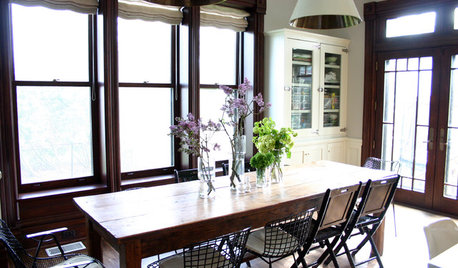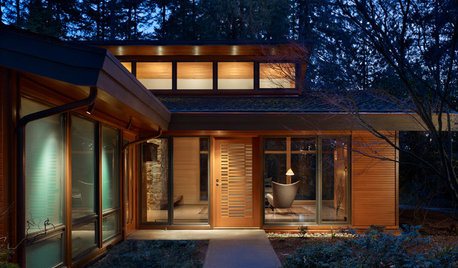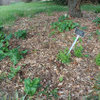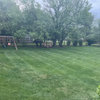study and contemplation
inkognito
15 years ago
Related Stories

ROOM OF THE DAYRoom of the Day: Seaside Dreaming in a Texas Study
Beachy colors and abundant curiosities shape a study that’s lighter and more fanciful than what you might expect
Full Story
HOUZZ TOURSMy Houzz: Modern and Moody Nostalgia in Salt Lake City
Dark, masculine and nodding to the past, this 1911 apartment is a haven for contemplation
Full Story
MOST POPULARFirst Things First: How to Prioritize Home Projects
What to do when you’re contemplating home improvements after a move and you don't know where to begin
Full Story
LIFEHow to Navigate an Extended Guest Stay
Keep sharing living quarters a positive experience by pondering the answers to these questions in advance
Full Story
HOUZZ TOURSHouzz Tour: Transparency Guides a Woodland Home
A midcentury gem's renovation brings in the light and the woods while respecting the original architecture
Full Story
LIFE10 Ways to Boost Creativity by Doing Less
You heard right. Sometimes the best way to refill your creative well is by taking a step back
Full Story
REMODELING GUIDES15 Ways to Design an Easy-Clean Home
Spend more time doing what you love with these pointers for minimizing cleaning needs throughout the entire house
Full Story
GOLD FOLIAGEGreat Design Plant: Ginkgo Biloba
This ancient tree provides shade, tolerates urban planting conditions and explodes with golden yellow fall color
Full Story
FEEL-GOOD HOMENifty In-Between Nooks for Quiet Time or Adventure
Use hallways, porches and other transitional spaces to add another dimension to your home
Full Story
COLOR8 Pink and Purple Rooms Sans Sugar Shock
Little-girl dreams find grown-up expression in rooms that work pink and purple into chic and sophisticated palettes
Full Story







inkognitoOriginal Author
woodyoak zone 5 southern Ont., Canada
Related Discussions
Contemplating a new bed
Q
Floor Plan Design Help
Q
Those homeschooling or contemplating it (FLYLEFT???)
Q
OT: Fibro help
Q
pls8xx
bonsai_audge
Bogart
inkognitoOriginal Author
pls8xx
bonsai_audge
nandina
Embothrium
ironbelly1
inkognitoOriginal Author
botann
ironbelly1
kaitain4
ironbelly1
woodyoak zone 5 southern Ont., Canada
inkognitoOriginal Author
nippersdad
woodyoak zone 5 southern Ont., Canada
woodyoak zone 5 southern Ont., Canada
inkognitoOriginal Author
woodyoak zone 5 southern Ont., Canada
inkognitoOriginal Author
ironbelly1
woodyoak zone 5 southern Ont., Canada
woodyoak zone 5 southern Ont., Canada
drtygrl
hortster
hortster
inkognitoOriginal Author
woodyoak zone 5 southern Ont., Canada
drtygrl